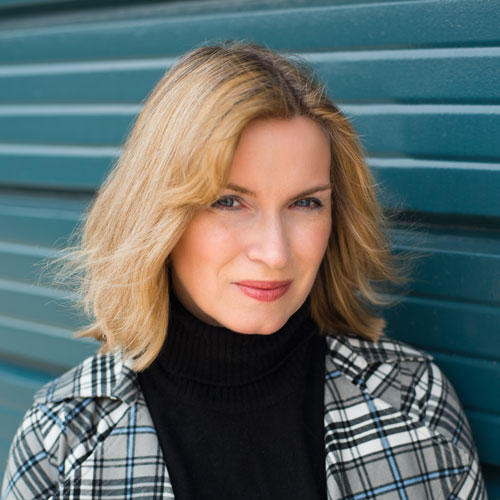Most people are still contemplating their future careers when they’re 22, but Yasmin Razavi has already embarked on hers: the fourth-year industrial engineering student helps young entrepreneurs start their own businesses.
“Often students feel that their age is a disadvantage,” she says. “But if you’re really passionate about something and set big goals for yourself, you’d be surprised at how many people will actually support you.”
A self-described math whiz, Razavi made her first foray into business three years ago, when she volunteered to sell tickets for the student-run National Business and Technology Conference. By 2011 she found herself chairing the conference, taking its reach beyond Canada and attracting aspiring executives from the U.S.
Her work with the conference led Razavi to co-found the Nspire Innovation Network; the organization helps young business leaders connect and grow through events such as the Discovery Series, which features talks by experienced visionaries. Razavi has also created the Toronto Finance Review organization and website to help students learn about all aspects of the finance industry, and she is planning an online TV channel.
The talented young innovator came to Canada from Iran a mere six years ago. Growing up in Tehran, she imagined herself entering the traditional family occupation: “Every female in my family is a doctor, so that’s what my parents wanted me to be,” she says. Razavi initially settled on engineering, and has since found that its quantitative lessons could be put to good use in the field of management consulting. With internships in Toronto and Singapore under her belt, Razavi plans to work for two years with global consulting giant McKinsey & Company. She will then enter Harvard Business School, where she’s already been accepted to the class of 2016.
Razavi claims to be most inspired by her peers; as she points out, the wealthy game-changers who exploited the Internet’s possibilities to found sites such as Google and Facebook all did so in their twenties. And Razavi plans to start her own company. Its purpose remains as yet undefined, but the breadth of exposure she’ll acquire at McKinsey and Harvard, along with what she’s learned at U of T, will help her decide. “The beauty of working at McKinsey is that one project could involve a technology company, the next could be a retail company, the next an oil and gas company,” she says.
“When I was growing up, I never dared to think I could take on large projects and make a difference,” says Razavi. “But coming to U of T, and meeting people only two or three years older who were doing amazing things, really inspired me. I thought, if they could do it, maybe there’s something I could learn from them.”
Recent Posts
For Greener Buildings, We Need to Rethink How We Construct Them
To meet its pledge to be carbon neutral by 2050, Canada needs to cut emissions from the construction industry. Architecture prof Kelly Doran has ideas
U of T’s 197th Birthday Quiz
Test your knowledge of all things U of T in honour of the university’s 197th anniversary on March 15!
Are Cold Plunges Good for You?
Research suggests they are, in three ways





